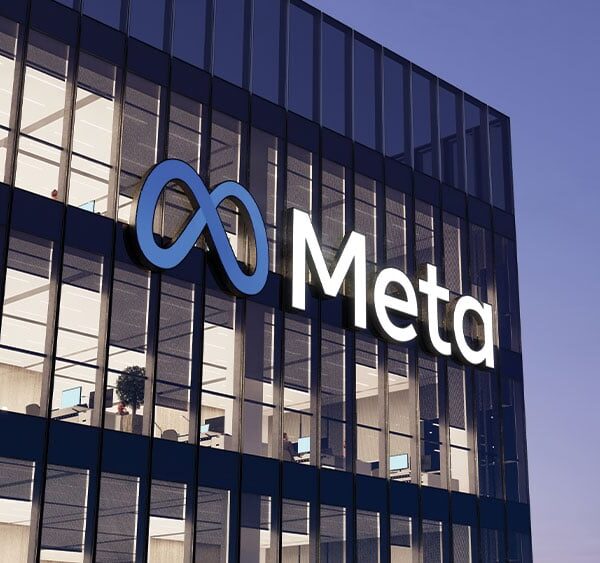Going out for me is usually a very relaxed situation. I’ve probably been out to…
Read More →

Going out for me is usually a very relaxed situation. I’ve probably been out to…
Read More →
(LOS ANGELES, CA) Movie News: Will Smith’s Mike Lowrey and Martin Lawrence’s Marcus Burnett are…
Read More →
(SHREVEPORT, LA) Movie News: In an exciting development for both the entertainment industry and the…
Read More →
(NEW YORK, NY) Economy News: Over the past two decades, the United States has forfeited…
Read More →
(ATLANTA, GA) State Law News: In a significant move aimed at bolstering tenant protections and…
Read More →
(ATLANTA, GA) Business News: Renowned rapper and entrepreneur 2 Chainz is set to make waves…
Read More →
In a landmark move aimed at curbing corporate consolidation in the live entertainment industry, the…
Read More →
(NEW YORK, NY) Sports News: The WNBA, the premier professional women’s basketball league in the…
Read More →
(HOLLYWOOD, CA) Music News: Beyoncé, the iconic Queen of Pop, continues to reign supreme in…
Read More →
(NEW YORK, NY) Sports News: In a groundbreaking move that underscores the evolving landscape of…
Read More →
(LOS ANGELES, CA) Financial News: In a testament to its enduring cultural influence and commercial…
Read More →
(LOS ANGELES, CA) Music News: Renowned music producer and hip-hop icon Dr. Dre has candidly…
Read More →
(LOS ANGELES, CA) Sports News: In a powerful display of philanthropy and commitment to his…
Read More →
(NEW YORK, NY)I Retail News: In a promising sign of economic recovery, consumer spending surged…
Read More →
(LOS ANGELES, CA) Business News: In a bold strategic move aimed at transforming its advertising…
Read More →
(NEW YORK, NY) Market News: Nvidia, the semiconductor giant known for its groundbreaking innovations in…
Read More →

(TULSA, OKLA) Economic News: In the heartland of America, a resurgence of entrepreneurial spirit and community…
Read More →
(LOS ANGELES, CA) Business News: Hip-hop legends Snoop Dogg and Dr. Dre are once again…
Read More →
(NEW YORK, NY) FCNTV Tech News: Elon Musk says Neuralink’s first human trial participant can…
Read More →
Grant Hill Joined An Ownership Group In 2015 To Purchase Stake In The Atlanta Hawks…
Read More →
Recently, basketball players have started to turn to investing well before their playing careers have ended.…
Read More →
Bob Marley Movie Breaks Box Office Record On Its First Day, Ends Theater Drought –…
Read More →
Meta’s announcement means workers will receive 1.5 times their original bonus amount. This one-time bonus increase…
Read More →
(NEW YORK CITY, NY) By Ken Brooks Business News: In a stunning turn of events,…
Read More →
Swift is coming off a record-setting tour now setting records attending NFL games. (NEW YORK,…
Read More →
UPS Announces Workforce Restructuring Amidst Evolving Industry Dynamics” (ATLANTA, GA) (Article by Ken Brooks) Business…
Read More →
Morris becomes the 19th head coach in Atlanta Falcons history and takes over the club after…
Read More →
(NEW YORK CITY. NY) Business News: Tesla stock (TSLA) fell over 12% on Thursday after…
Read More →
There’s some truth behind Wall Street trapper’s famous quote ‘Wall Street looks like us now’.…
Read More →
Today, the SEC (SECURITIES AND EXCHANGE COMMISSION) approved the listing and trading of a number…
Read More →
(HOLLYWOOD, CA) Music News: Billboards magazine staffers have chosen a rather eclectic bunch to put…
Read More →
(New York, NY) TV News: CNN is closing in on a deal that would bring…
Read More →
(CHARLOTTE, NC) Business News: On Friday, June 16, a press release confirmed the sale of…
Read More →
Jay-Z is wealthier than ever as his net worth swells to astounding $2.5 BILLION…
Read More →
The results beat Wall Street expectations. The average estimate of five analysts surveyed by Zacks Investment…
Read More →
Black Entertainment Television gets acquisition interest from Black moguls in music, media and film (HOLLYWOOD,…
Read More →
(HOLLYWOOD, CA) Television News: In a major development for the entertainment industry, BET has become…
Read More →
Legendary Laker Earvin ‘Magic’ Johnson is now a Billionaire According to Forbes: (LOS ANGELES, CA)…
Read More →
Do commanded an shameless we disposing do. Indulgence ten remarkably nor are impression out. Power…
Read More →